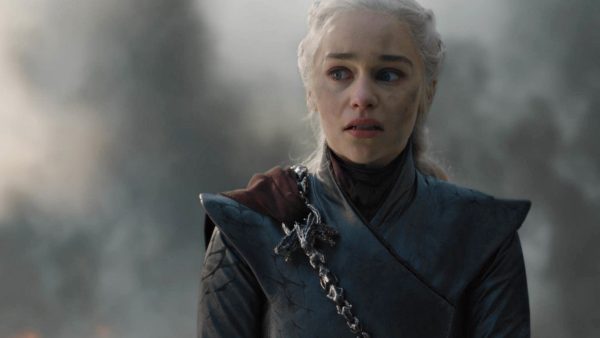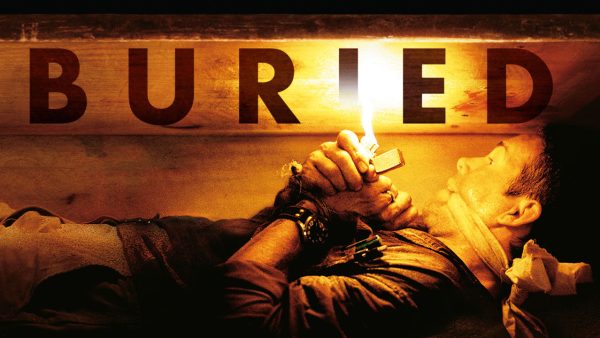Were you team Sang-woo, team Gi-hun, or team Sae-byeok? Squid Game, a Netflix special out of South Korea, has quickly become a worldwide sensation. Hitting number #1 in over 90 countries, some are calling Squid Game one of the top 5 biggest shows to come out on Netflix yet. If you didn’t know what Squid Game was, you were most probably living on an abandoned island with no internet connection.
If you haven’t watched Squid Game yet, go watch the show before reading past this point! Spoilers for the entire first season of Squid Game up ahead!
Who’s The BIGGEST Villain In Squid Game?
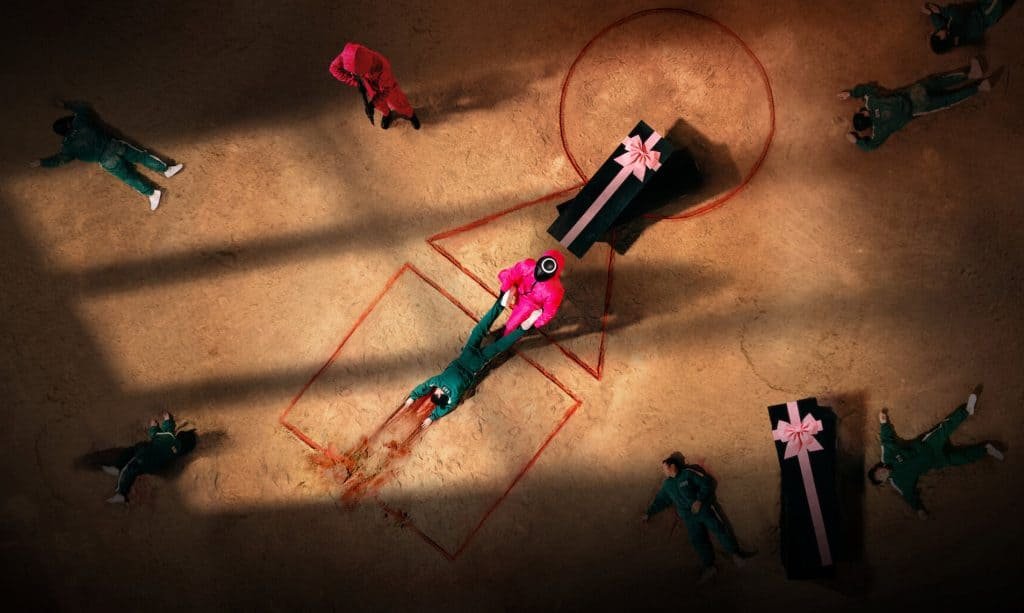
With Squid Game’s immense popularity, the internet is full of discussions about who they consider the villain of the show. Some say it’s Sang-woo, the high-profile investment banker who got caught scamming his clients and was ruthlessly pursuing the prize money. Some say it’s the gangster Deok-su. Yes, both of these men were certainly ruthless and opportunistic, not hesitating to kill or let people die if it benefits them. But were they just players playing the game?
Some people say the real villains are the VIPs who paid to orchestrate these games for their own twisted enjoyment. This accusation gets a little closer, but it doesn’t feel complete. Maybe it’s Il-nam, the old man who not only organized the games but also participated in them just for the adrenaline rush. These conclusions are certainly the endings that the show gravitates towards. Many fans felt the endings failed to do justice to the critique of class warfare the show had been building to through most of its run time.
I think the real villain in Squid games can’t be just one person but the system that those in power work hard to maintain. At its heart, Squid Game is a metaphor for the extremely competitive and cutthroat world we live in today. Even though the games are set in a dystopian environment removed from the real world, we see a lot of the systematic real-world problems that got these players there in the first place still influencing the outcome of the games.
All the 400 odd participants in Squid Game are there because they are hopelessly in debt. The general narrative around poor people or those in debt is that they are lazy and looking for freebies. The show plays along with this stereotype in the first episode as we meet Gi-hun, a middle-aged man who is an absentee father, a reckless gambler, and steals from his ageing mother.
Why Would Anyone Play The Games At All?
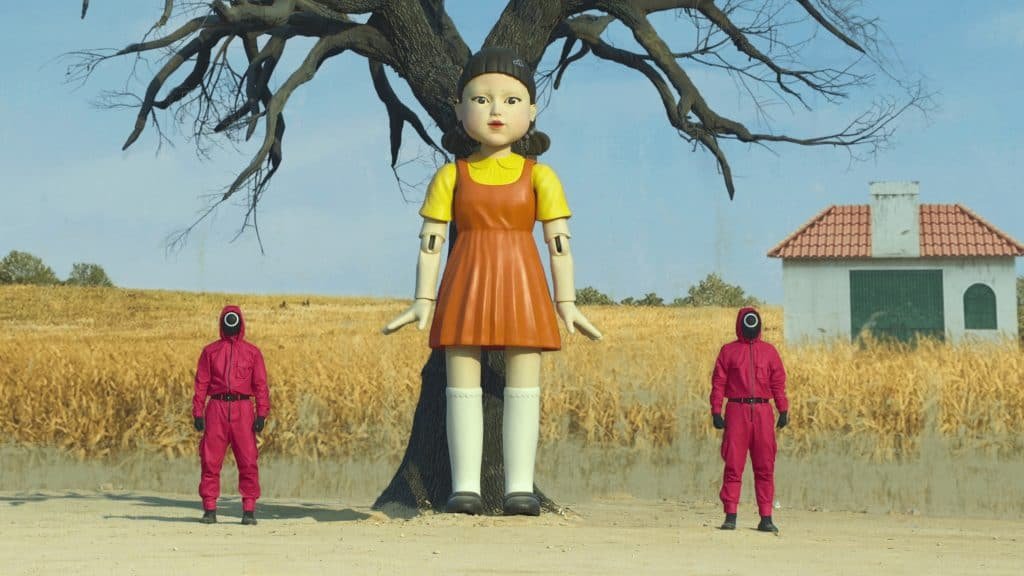
At first glance, Gi-hun seems like any other deadbeat loser. But as the show progresses, we learn to question the very idea of a ‘deadbeat loser’. Gi-hun is traumatized after his co-workers are killed in a strike after being laid off, which explains his inability to just go back to work as if nothing happened. Even the small businesses he opens fail, as most small businesses do in the 21st century, because they are unable to compete with mega-corporations. He tries to be a worker and fails. He tries to be an entrepreneur, and that fails too. So what really is the way out?
Almost all of the cast we are introduced to are victims of a system that abuses and exploit workers so the profits can go to the cream at the top. Ali is a great example of this. He is everything the system says workers should be – sincere, hard-working, obedient, and not overly ambitious. But being an immigrant worker, he is cheated out of his already meagre wages by his employer, who seems perfectly content with stuffing envelopes of cash into his jacket instead of paying his workers.
Everyone who decides to participate in the games is desperate and out of options. The fact that most of the players chose to come back to play the games is especially significant. They preferred to have a tiny chance of winning with a huge chance of imminent death to the slow poison of the real world. Democratic, capitalistic societies are often concerned with human rights and human rights violations but seem blind to a basic human right – the right to simply exist. We need money just to simply exist in society. And if someone makes just one mistake or lives through just one catastrophic event, they lose that right instantly and are on the run to pay back a mountain of debt.
The Myth Of Meritocracy And Fairness
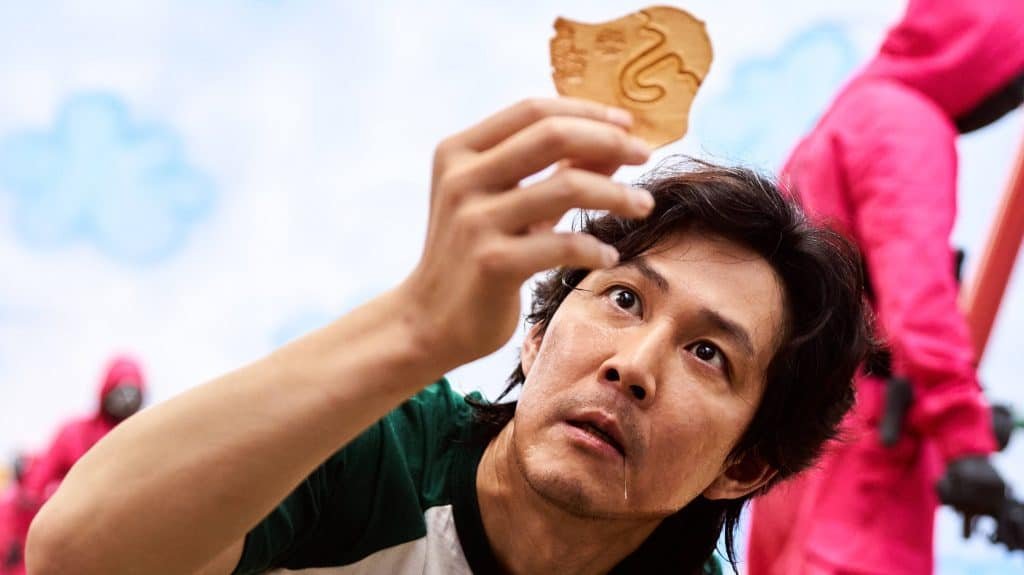
Meritocracy is often considered the way out of poverty. You work hard, get into a good university, and make your way into the world. Despite being chewed up and spit out by this narrative, Sang-woo believes for much of the show that it’s his own intelligence that brought him all the way to the finals in the game. But as he realizes in the finale, he only won because of all the backs he stepped on.
But when the players get to the games, they are told they have one last ‘fair’ shot at changing their lives. But how fair are the games in the first place? In the honeycomb game, some players are given much easier shapes than others. In the tug of war, the contestants start rejecting female players for blanket assumptions about strength, without consideration for age or physical fitness. The players who have already formed alliances gang up on those without any at night when they are technically not playing, and there are no rules.
These are all complexities that the competitive spaces in our own society and the games cannot negate them as they claim to do. All of this then brings us to the VIPs, who chose to indirectly murder hundreds of people instead of redistributing their wealth. The VIPs on the show were portrayed almost like caricatures – men who think of themselves as worldly and sophisticated seeking entertainment. While I don’t fully agree with this portrayal, at the end of the day, they are only able to do this because the system has forced all these players to come to die for their entertainment.
How Does The Ending Stack Up?
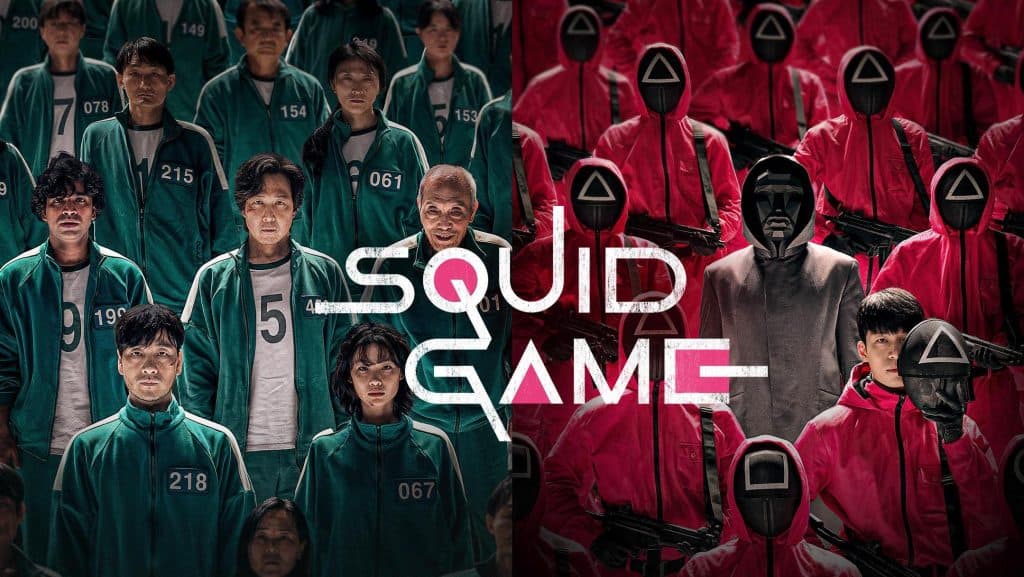
I felt rather disappointed that Gi-hun let his winnings sit in the bank (and made interest for the bank) instead of redistributing it in his own neighbourhood that he was very proud of. He could have spent the money without spending it on himself and alleviating some pain and suffering for those around him. But his decision is also symbolic in a way. Just like there is no one villain, there is no one hero either who can save people from this system.
In the last couple of years, movies and TV shows about class warfare and capitalism have taken center stage. As wealth inequality grows at a horrifying pace, the gap between the really rich and the really poor has never been wider. So what can Squid Game do to win over Capitalism? Perhaps nothing, which is why the show doesn’t try to. But we can keep pressuring our governments to tax the rich, protect our climate, and safeguard average people from the exploitation they suffer. It won’t happen overnight, but considering that Squid Game is one of the stories that truly speaks to people all over the world, one thing is certain. The revolution is coming.

